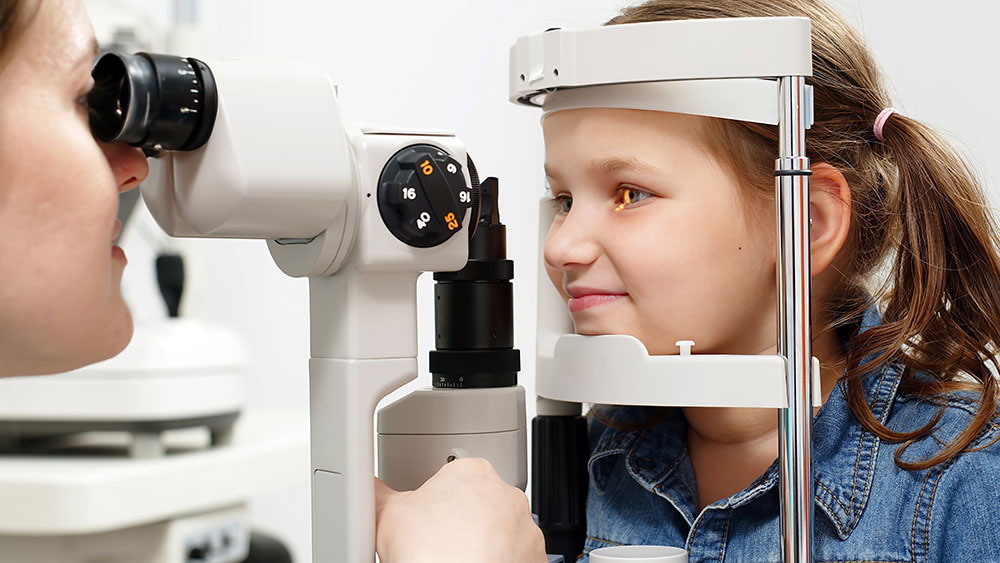Struggling with night driving glare in Maine? Learn how anti-reflective lens coatings and updated prescriptions can reduce headlight halos and improve nighttime vision. Schedule your eye exam today.
Headlights feel brighter, roads look shinier, and your eyes get tired faster in the fall — especially after sunset. If night driving glare makes you squint or miss turns in Maine’s tough weather, the solution is simple.
First, check that your prescription is up to date. Then, add a good anti-reflective (AR) coating to your lenses. Below, we’ll explain what actually helps, what to skip, and a few quick wins you can do tonight.
Why Night Driving Glare Gets Worse in Maine Fall Weather
Maine drivers face unique challenges with wet roads from coastal weather and frequent fall precipitation. Here’s why glare feels more intense during Maine’s autumn months:
- Wet roads and fallen leaves reflect light back at you. This creates halos and “starbursts.”
- You can see this effect on Maine’s tree-lined highways, like Route 1 and I-95.
- Newer LED headlights are bright and high-contrast, which can feel harsher at night and cause headlight sensitivity
- Shorter days mean more evening driving when your eyes are already fatigued from the day
- Maine’s coastal fog and mist can scatter light, making LED headlight sensitivity worse
Recent studies show that bright, high-contrast lights can increase glare and halos. This is why night driving in Maine can be especially hard with modern traffic and LED headlights.
Proven Solutions for Night Driving Glare: Updated Prescriptions & AR Coatings
Step 1: Update Your Prescription for Better Night Vision
Even a small change in your glasses or contacts can sharpen contrast and reduce halos around headlights. If a year has passed since your last eye exam, or if you squint at road signs along Maine’s highways, you should check in with your eye doctor. Uncorrected astigmatism, in particular, can worsen night driving problems and create starburst effects around lights.
Step 2: Add Anti-Reflective (AR) Coating for Headlight Glare Relief
Anti-reflective coating has many benefits. It allows more useful light to reach your eyes. It also reduces reflections on your lenses.
This can greatly reduce halos around streetlights and headlights. That means clearer, more comfortable vision behind the wheel during Maine’s long winter nights.
- AR coatings are particularly effective for drivers who experience:
- LED headlight sensitivity
- Difficulty seeing in rain or fog
- Eye strain during long evening commutes
- Dry eyes that worsen night glare
Quick Maintenance Wins for Better Night Vision (You Can Do Tonight)
- Clean your lenses. Smudges scatter light and magnify halos around headlights
- Clean the inside and outside your windshield. The film on the inside creates extra glare from oncoming traffic.
- Replace old wiper blades. Streaks turn lights into starbursts, especially problematic on Maine’s wet roads
- Keep your tear film healthy. Use preservative-free artificial tears if your eyes feel dry. Dry eyes can increase light scatter and make night driving harder.
- Dim your dashboard slightly. Lower contrast in your cabin helps your pupils adapt to the dark Maine roads

Frequently Asked Questions About Night Driving Glare
How often should I update my prescription for better night vision?
If you are squinting at road signs or have trouble with bright headlights, it may be time for an eye exam. If it has been over a year since your last check-up, schedule an appointment. Even small prescription changes can significantly improve night driving comfort.
Why does night driving seem harder in Maine compared to other places?
Maine’s frequent rain, coastal fog, and tree-lined roads create more reflective surfaces and light scatter. Combined with longer winter nights, these conditions make proper vision correction and AR coatings especially important.
Can dry eyes make night driving glare worse?
Yes, dry eyes increase light scatter and can worsen halos around headlights. Using preservative-free artificial tears before driving can help reduce these symptoms.
How much do anti-reflective coatings cost?
AR coating costs vary depending on the quality and type. During your consultation at Maine Optometry, we’ll discuss options that fit your budget and driving needs.
Night Vision Assessment: Schedule An Appointment at One of Our Seven Convenient Locations Across the Greater Portland Area
Our experienced eye doctors in Maine will check your prescription, test for issues that affect night vision, and suggest the best anti-reflective and anti-glare coating options to help you see clearly at night.
Book your appointment online or click below to use our virtual try-on tool and get a head start on finding your perfect new pair of frames today.
Other Blogs from This Author
How to Reset Screen Fatigue and Reduce Digital Eye Strain
Long days on screens are part of many modern routines — email, homework, virtual meetings, scrolling, and digital paperwork.






